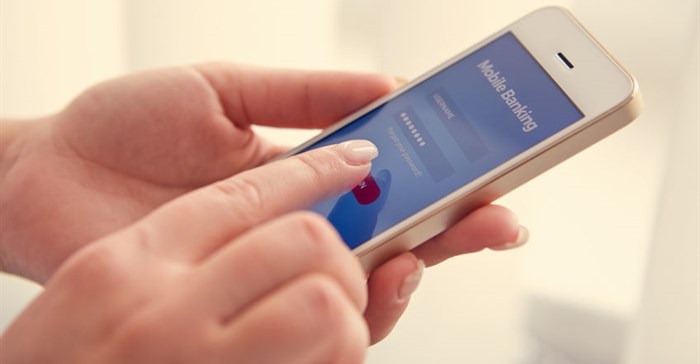Marketing & Media trends
Industry trends
BizTrends Sponsors
Trending
#BizTrends2017: Four signs the economy of the future is built on mobile

For a country with near-100% mobile penetration, South Africa has often lagged less sophisticated African peers in the use of mobile as a transacting tool. The overwhelming majority of transactions are still being conducted with cash and cards.
However, a confluence of trends and a maturing consumer market that is far more confident in its use of technology is bringing sweeping changes to the way South Africans bank, buy and engage with brands.
Amidst all this change, four signs are emerging that the future economy is built on mobile, namely:
Sign 1 – Payments
Globally, major brands such as Apple, Google and PayPal are driving the uptake of mobile payment technology. While these brands are yet to make any significant inroads into the South African market, we are not without our own mobile payment innovations. Already we have seen homegrown innovations such as SnapScan make huge inroads into the consumer market; with global mega-brand WeChat building its own payment tech on top of SnapScan, we expect to see mobile payments entrenched in the day-to-day purchasing behaviour of South African consumers.
Locally, uptake of mobile and digital payments has been strong, but there remains great scope for growth. A 2015 FinScope survey found that only 13.7 million – or 37% – of South African adults use digital payments monthly. This figure is expected to increase dramatically as more affordable smartphones enter the market and government policy to increase connectivity for all citizens gains ground.
Sign 2 – mCommerce
According to research by Coupofy, a US coupons and deals site, mobile commerce is growing 300% faster than e-commerce. In fact, sales during the 2015 holiday season in the US showed a 45% increase in mobile traffic and a massive 82% increase in sales revenue. With the continued convergence of the physical and online worlds, the mobile phone will become the primary online commerce tool as consumers seek information about products, compare prices, request recommendations from social connections and transact – all via their smartphones.
New trends toward social shopping, where products on social media sites such as Instagram and Pinterest can easily be bought using a “Buy” button, also position mobile well: more than 80% of social media traffic comes from mobile.
Most tellingly, however, is that major US shopping holidays have made their way to South Africa, as can be evidenced by the recent nationwide shopping frenzy end-November. And with data from the American holiday showing record-breaking mobile shopping numbers, South African retailers need to stand up and notice. Many have already utilised the plug-and-play mobile transacting suite offered by wiBlox, which enables them to build transacting features such as loyalty, rewards, coupons and more into their existing mobile apps to increase customer loyalty and engagement.
Sign 3 – Personalisation
According to futurist and marketing expert Brian Solis, experiences will soon become more important to a company’s success than products. As wearables and other connected devices that form part of the Internet of Things continue to stream into the market, savvy brands will have access to unprecedented volumes of customer data. Using this data effectively to deliver personalised customer experiences will enable companies to build true loyalty with customers.
By tracking customer behaviour, brands are able to introduce the right value-add offerings at the right time, all enabled by mobile. Brands such as Discovery Vitality are doing an excellent job at this already: by using behavioural analytics linked to individual customer profiles, Vitality issues rewards to its members’ mobile phones. Thanks to the wiCode platform, the rewards can be redeemed at the point-of-sale of select Vitality’s retail and hospitality partners.
Expect to see more brands across various industries making a play to maintain relevance in a challenging market by offering customers tailor-made products and experiences at the most appropriate time in the buying cycle, enabled by mobile.
Sign 4 – mBanking
Ever since mPesa made international waves for its extraordinary success in Kenya (and subsequent rollout to other African markets), mobile money has been heralded as the next great African technology trend. In South Africa, where close to 30% of the population remains unbanked, mobile money often offers the easiest and most accessible entry point to the banking system.
A study conducted by Gallup found that more than half of all adults in sub-Saharan Africa make at least one long-distance payment every month, valued at $760bn per year. Currently most of these payments are done in cash, which is costly to the consumer and to the financial services providers. Mobile remittance payments are more cost-effective than cash-based ones and, as new low-cost smartphones continue to enter the local market, it’s not unrealistic to expect mobile remittances to overtake cash-based ones in the near future. Already, data is supporting this: mobile remittance transactions grew by 50% in 2015 according to a recent study, outpacing the growth of in-store remittances (27% in 2015).
With the wiCode platform, money transfer providers are able to access more than 20,000 till lanes across South Africa. Enabling mobile money at the retail point-of-sale has never been easier.











